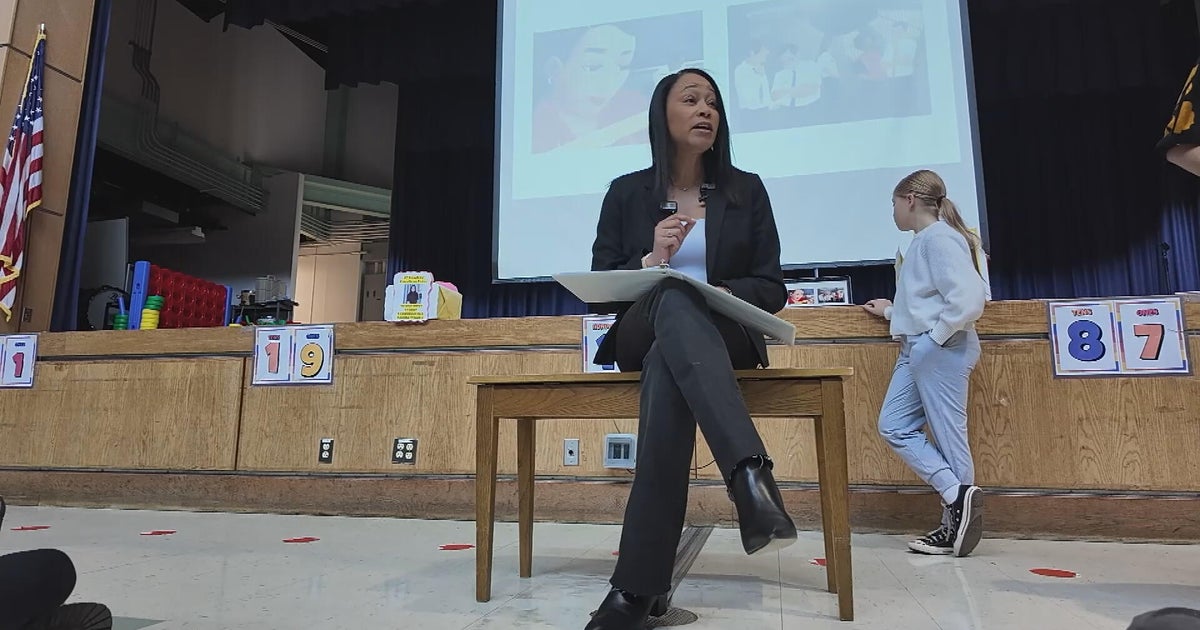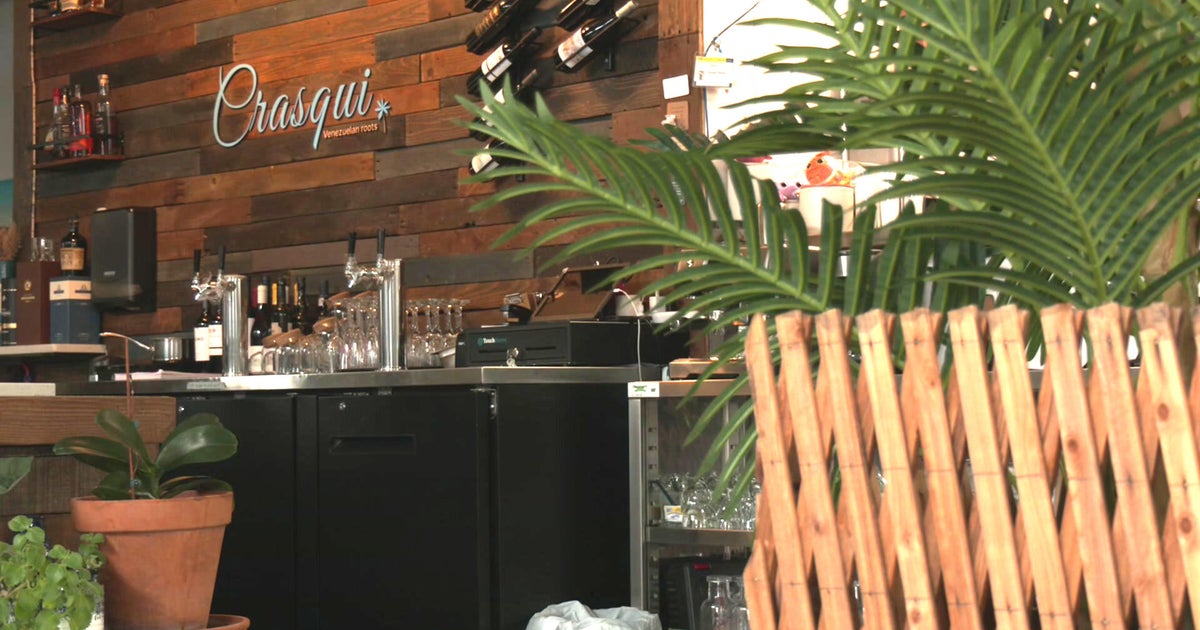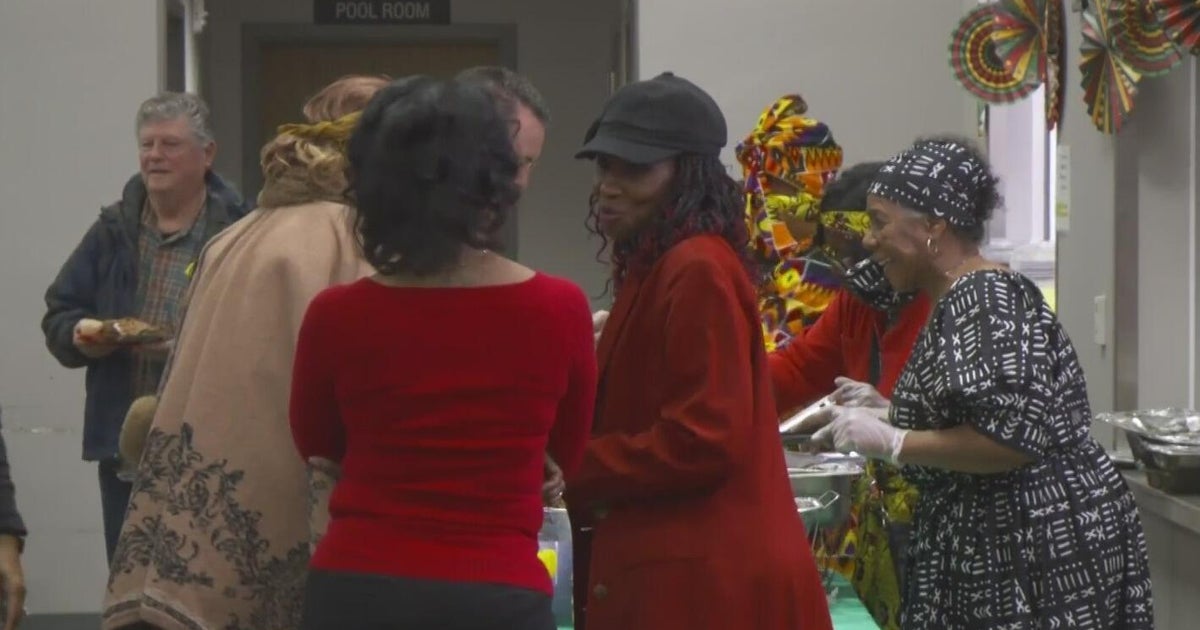Feds To Pay $20M Toward 2 Md. Prisons
BALTIMORE (WJZ) -- The feds have taken over the former Supermax prison in Baltimore and Maryland is getting $20 million to build two new state prisons in Jessup.
Mary Bubala reports the deal was announced Tuesday, but the exchange has already taken place.
Quietly over the past several months, more than 400 federal defendants have been transferred to the new Supermax prison in Baltimore. As state inmates have been quietly transferred out to other facilities across Maryland, the new federal detainees are all awaiting trial and, for the first time, the U.S. Marshals service doesn't have to traipse across the region to transport them to the U.S. District Courthouse in downtown Baltimore and Greenbelt.
"When the marshals were transporting defendants from 20 different locations, it creates logistical problems and a security danger, because all those folks had to be brought in to Baltimore or Greenbelt when they are needed for trial. Also, it was a managerial challenge for the U.S. Marshal service to keep track of these folks in different facilities," said U.S. State's Attorney Rod Rosenstein.
Rosenstein said that for years, the U.S. Justice Department rented bed space from jails across Maryland, Pennsylvania, Virginia and Ohio. The going rate was about $200 a night, but the Supermax plan ends that at a time when Maryland is seeing federal felony prosecutions rise to an all-time high. Last year, our state had 972 federal prosecutions. Just 15 years ago, that number stood at only 582.
"Often our federal defendants end up meeting with federal law enforcement officers and prosecutors to cooperate in cases against other criminals, so it's important for them to be available for all those reasons. Also for the defendants and their family members who want to meet with them while they are awaiting trial. It's much more difficult if they are spread throughout the state," Rosenstein said.
The state of Maryland will build two new minimum security prisons in Jessup with $20 million in federal funding and $26 million in state funding.







